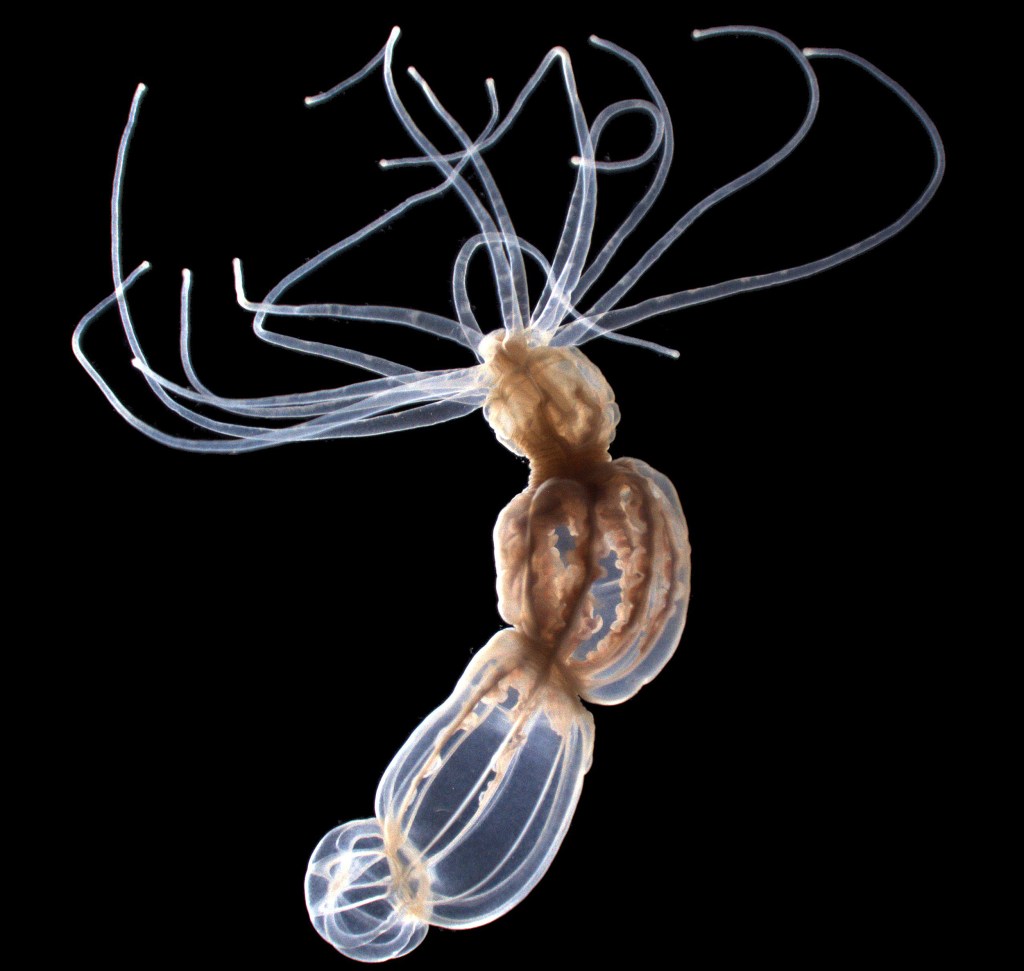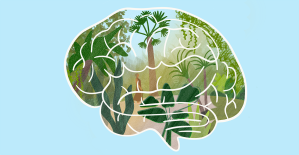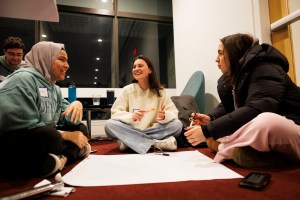Science & Tech
-
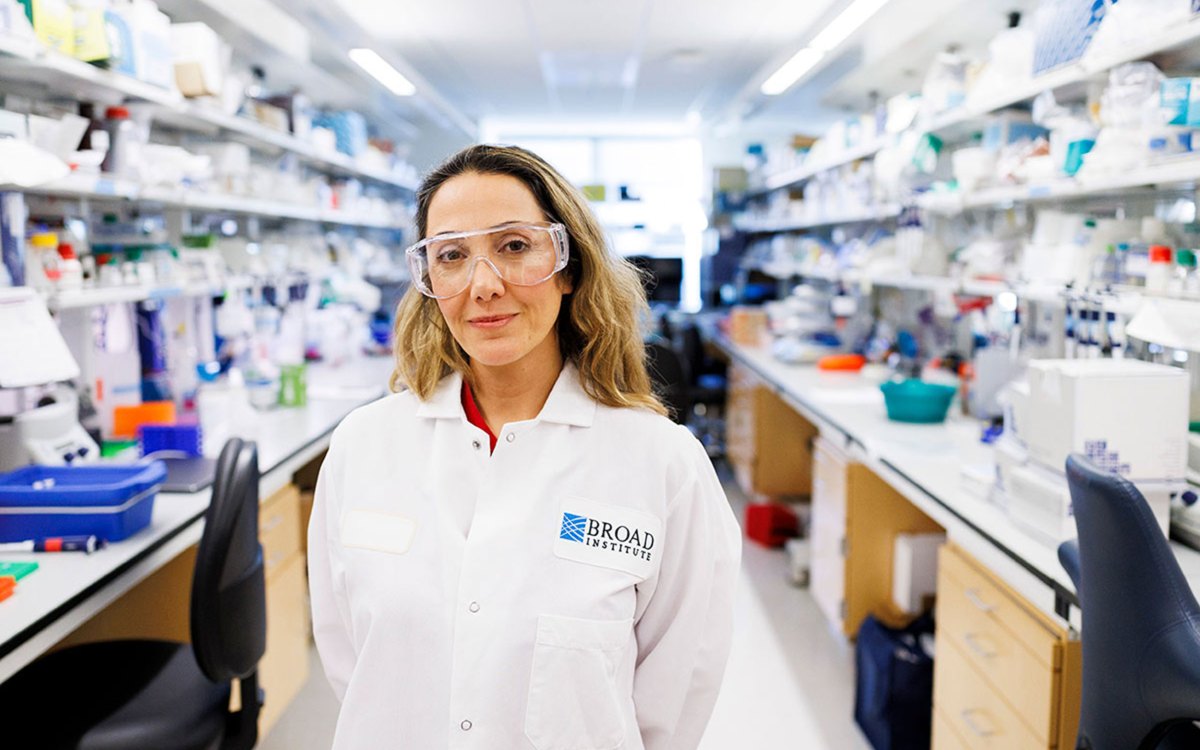
Stopping the next pandemic
Disease surveillance network faced ‘existential cliff’ despite proven success. Then came the $100 million.
-

Rethinking — and reframing — superintelligence
Microsoft researcher says separating AI from people makes systems dangerous and unproductive
-
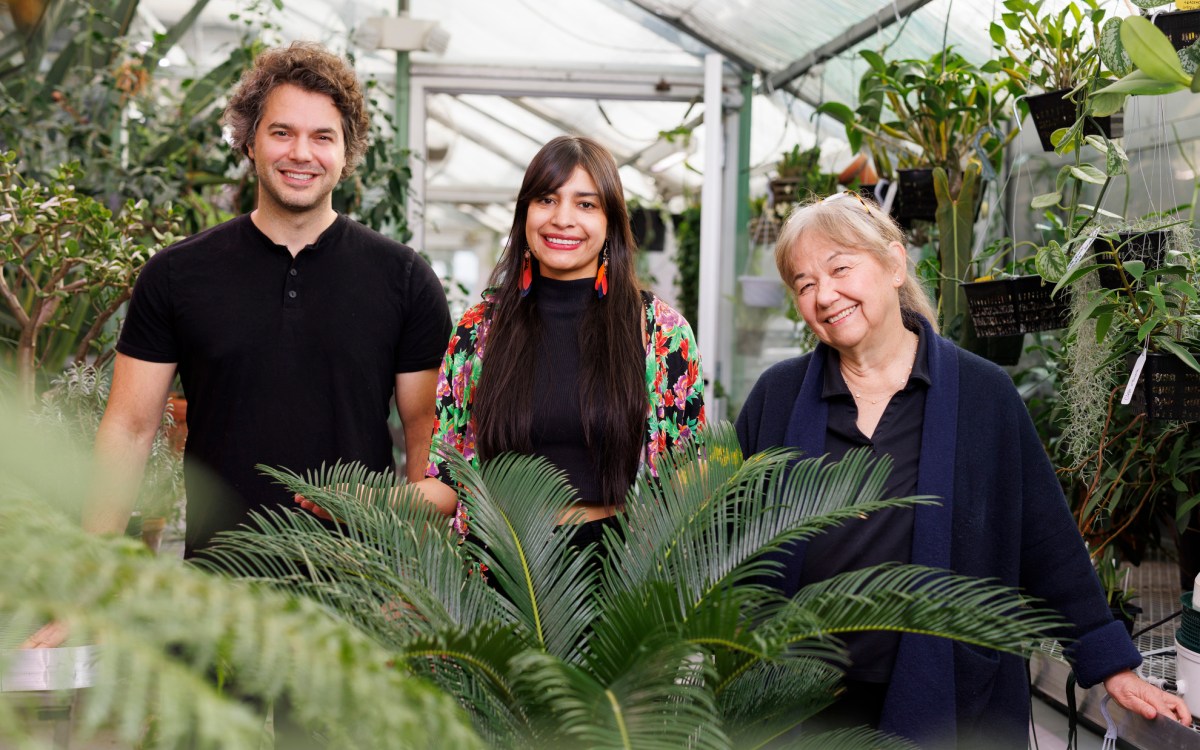
First, male gets heated up, then female, and then, you know
Study shows infrared radiation from plants serves as invitation to pollinating insects
-

‘Consciousness’
What we know and don’t know about the life of your mind
-
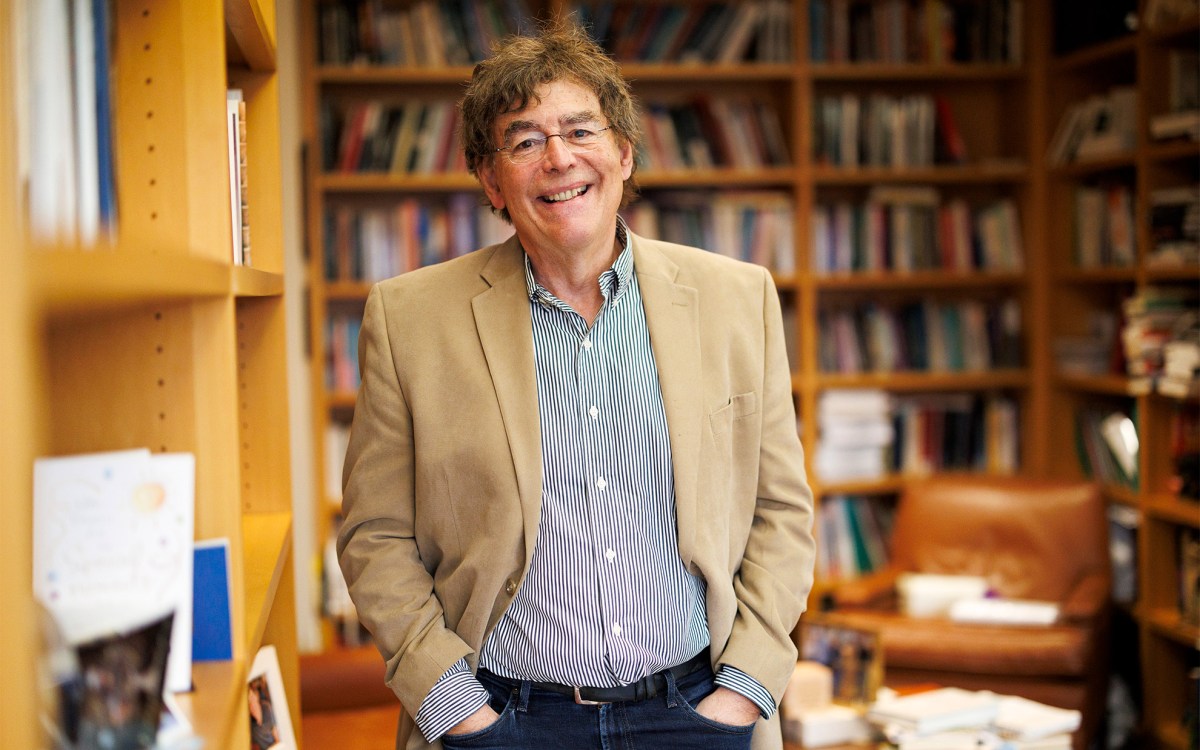
Science needs contrarians, and contrarians need support
Institute of Quantitative Social Science initiative tailored to researchers exploring provocative ideas
-

Cracking the code of why, when some choose to ‘self-handicap’
New research also offers hints for devising ways to stop students from creating obstacles to success

-
Dissecting the ‘undruggable’
Researchers at Harvard have designed new, highly selective tools that can add or remove sugars from a protein with no off-target effects, to examine exactly what the sugars are doing and engineer them into new treatments for “undruggable” proteins.
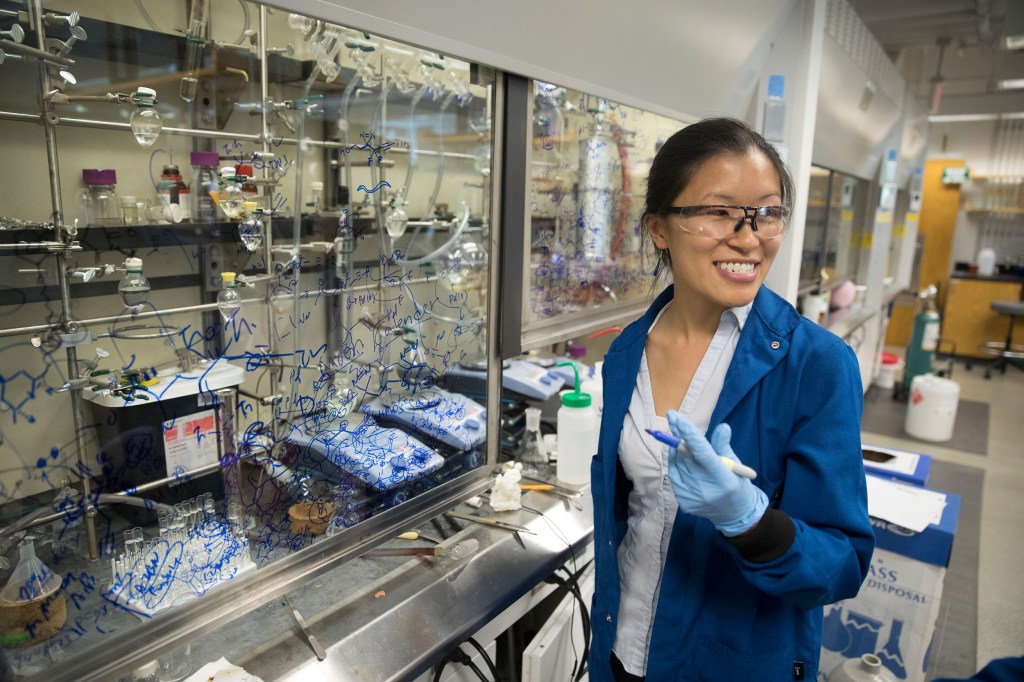
-
A pain in the tooth
Odontoblasts have a newly discovered function: sensing cold, which can trigger pain in teeth. But scientists have also found a way to block the pathway to cold-sensitive teeth.

-
How we handle stress at 45 linked to prenatal exposure
Men and women whose mothers experienced stressful events during pregnancy regulate stress differently in the brain 45 years later, results of a long-term study demonstrate.

-
An itching question
Insights at the intersection of the nervous, immune systems point to the culprit.
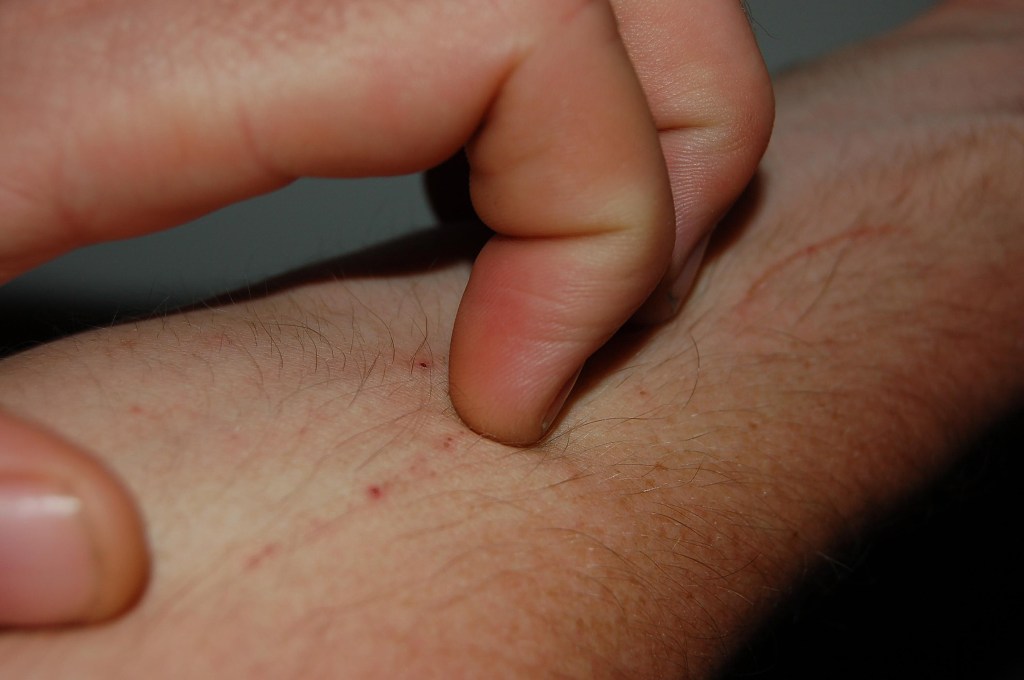
-
How chronic stress leads to hair loss
A Harvard study has confirmed that stress can lead to hair loss.

-
Finding a way forward on climate change
If the causes and problems of climate change are entwined, then the solutions must be as well, according to an online panel of Harvard faculty.
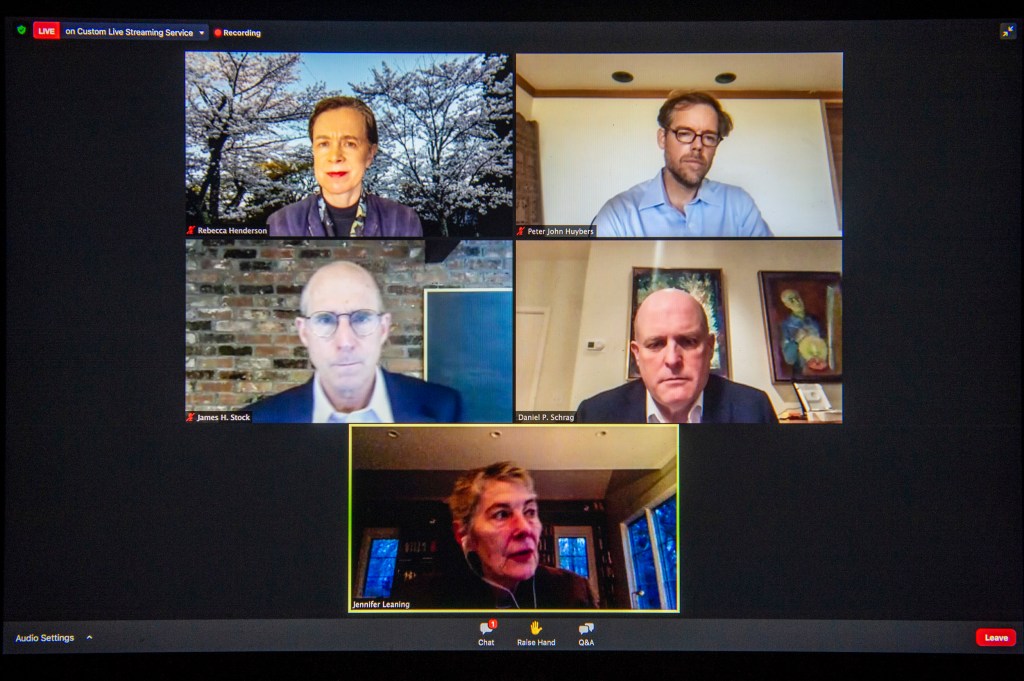
-
Image of black hole’s magnetic fields captured for first time
Images released by the Event Horizon Telescope (EHT) collaboration reveal how the black hole, some 55 million light-years away, appears in polarized light.

-
DNA, assemble
A concept for seeded all-or-nothing assembly of micron-scale DNA nanostructures that could extend nanofabrication capabilities and enable creation of highly specific diagnostics.
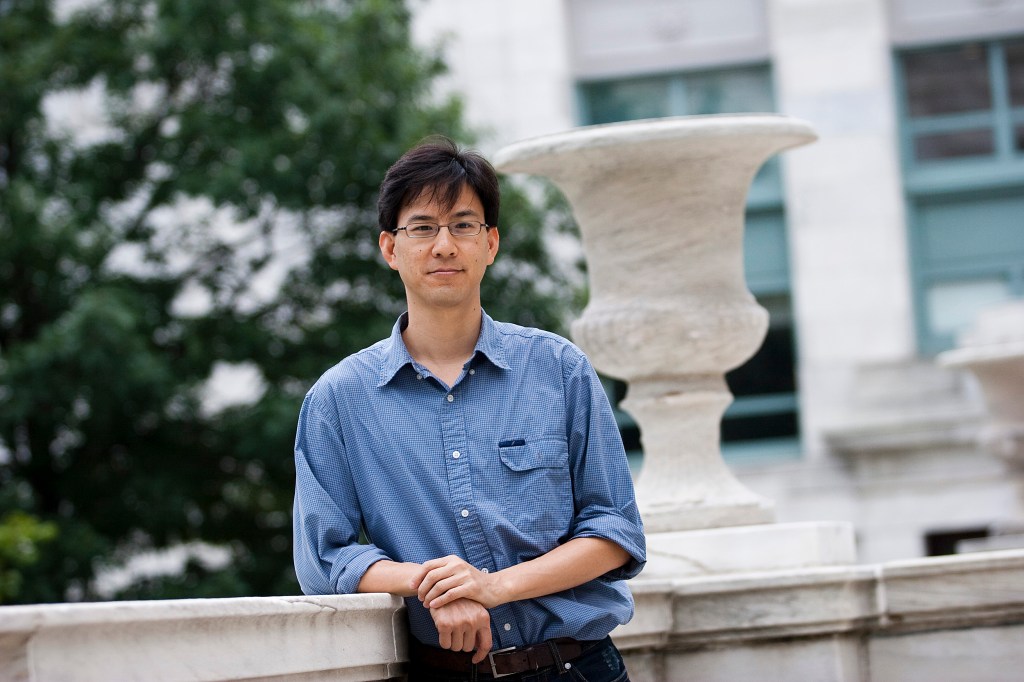
-
Anthropologists dig into fossilized dental plaque for clues to ancient trade
Scientists study ancient human teeth to learn about their surprising diet.

-
A next step in renewable Bionic Leaf fuel production
New system uses the sun and impure water to make renewable energy.
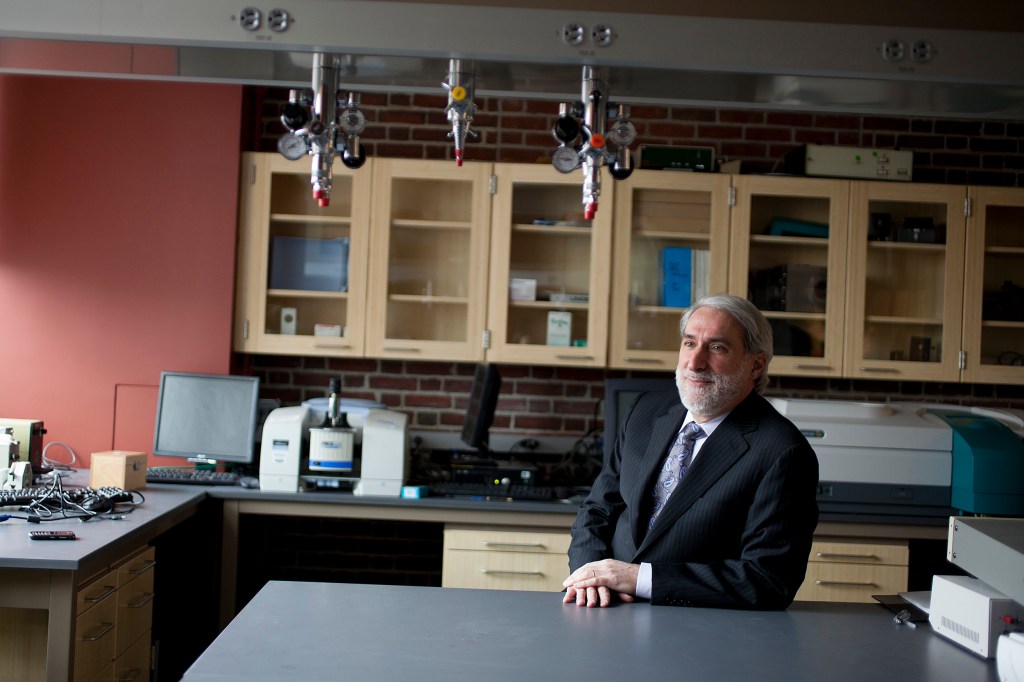
-
Study challenges accepted notion of mammal spine evolution
A new Harvard study challenges the accepted notion of mammal spine evolution
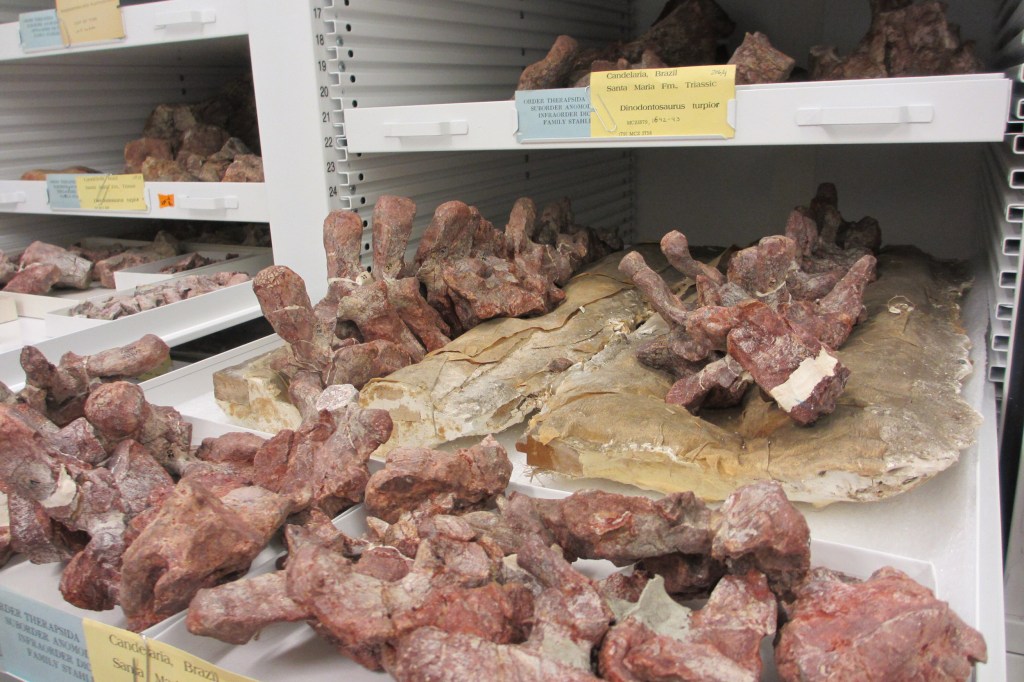
-
Black hole on the move
Astronomers at the Center for Astrophysics | Harvard & Smithsonian have detected a moving supermassive black hole.

-
Model explains how life may have emerged on Mars
Harvard researchers have solved a decades-old mystery about how the early Martian atmosphere and climate may have evolved to support periods of warmth and running water on the planet.

-
All the ingredients for an expert space baker
Claire Lamman doubles as an astronomy graduate student at Harvard and an expert space baker.
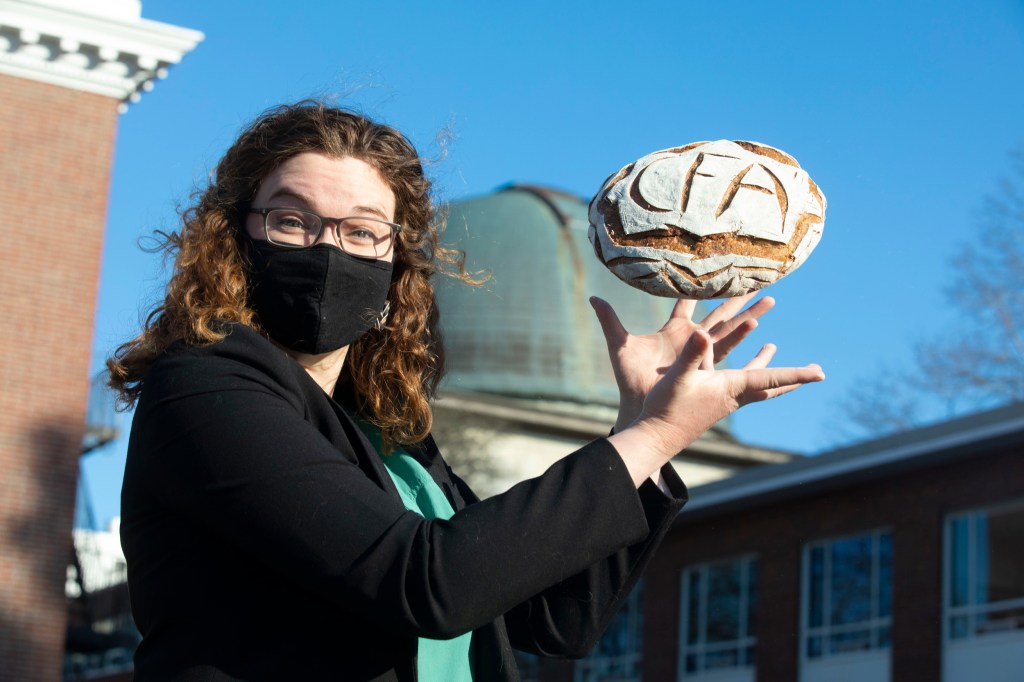
-
Uncovering hidden chemicals
New tool finds and fingerprints previously undetected PFAS compounds in watersheds on Cape Cod.
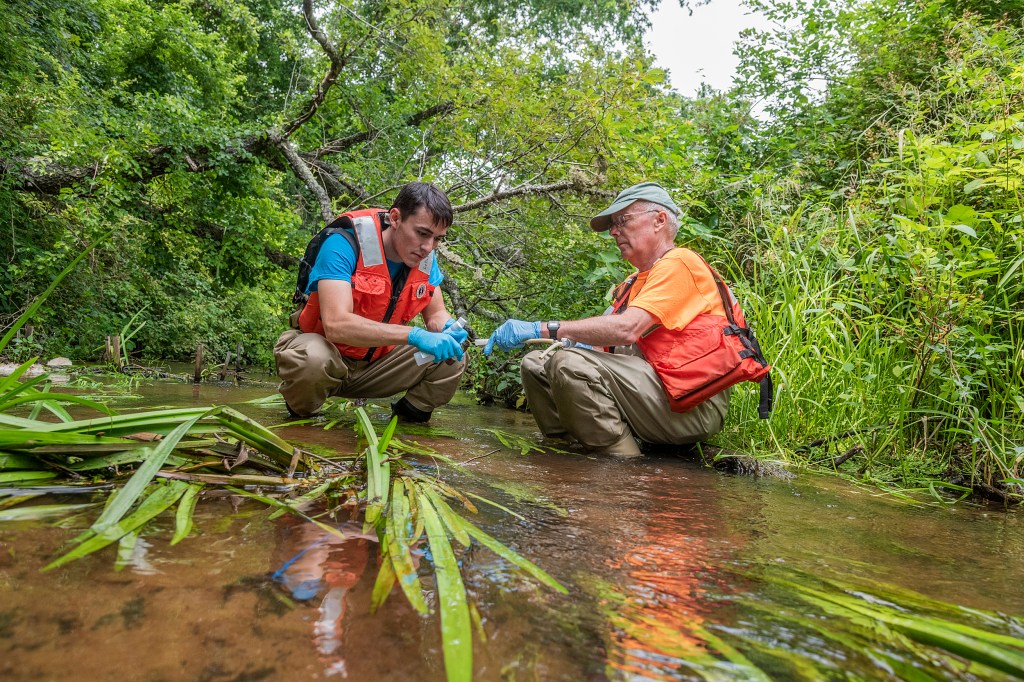
-
A ‘miracle poison’ for novel therapeutics
Researchers prove they can engineer proteins to find new targets with high selectivity, a critical advance toward potential new treatments to help neuroregeneration, cytokine storm.
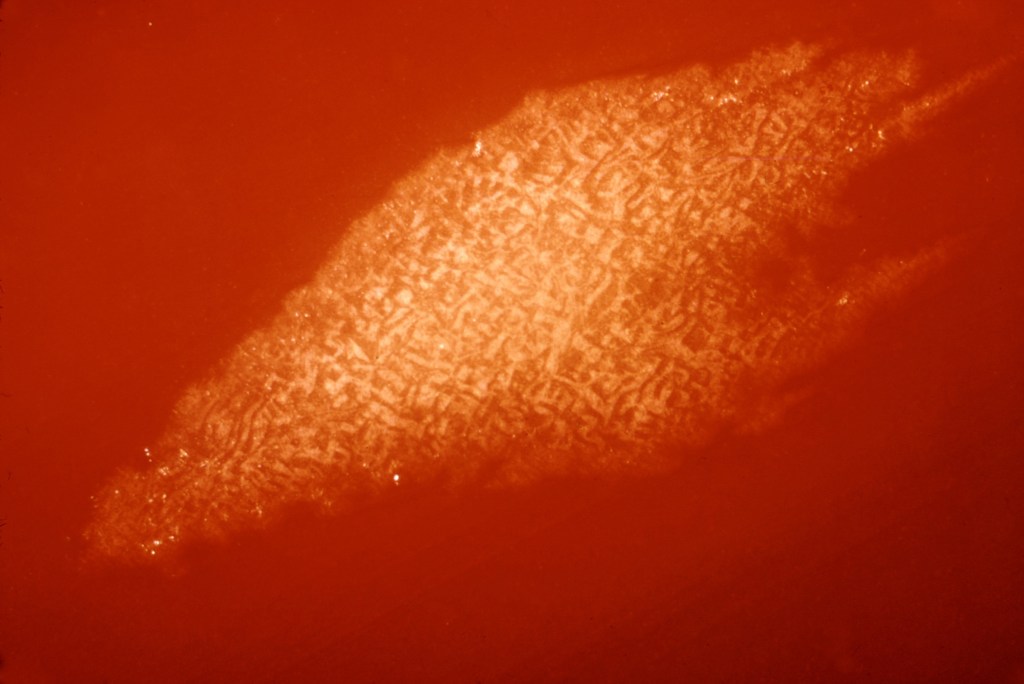
-
Engaging AI in the battle against Alzheimer’s
A team of researchers has developed an artificial intelligence-based method to screen currently available medications as possible treatments for Alzheimer’s disease. The method could represent a rapid and inexpensive way to repurpose existing therapies.
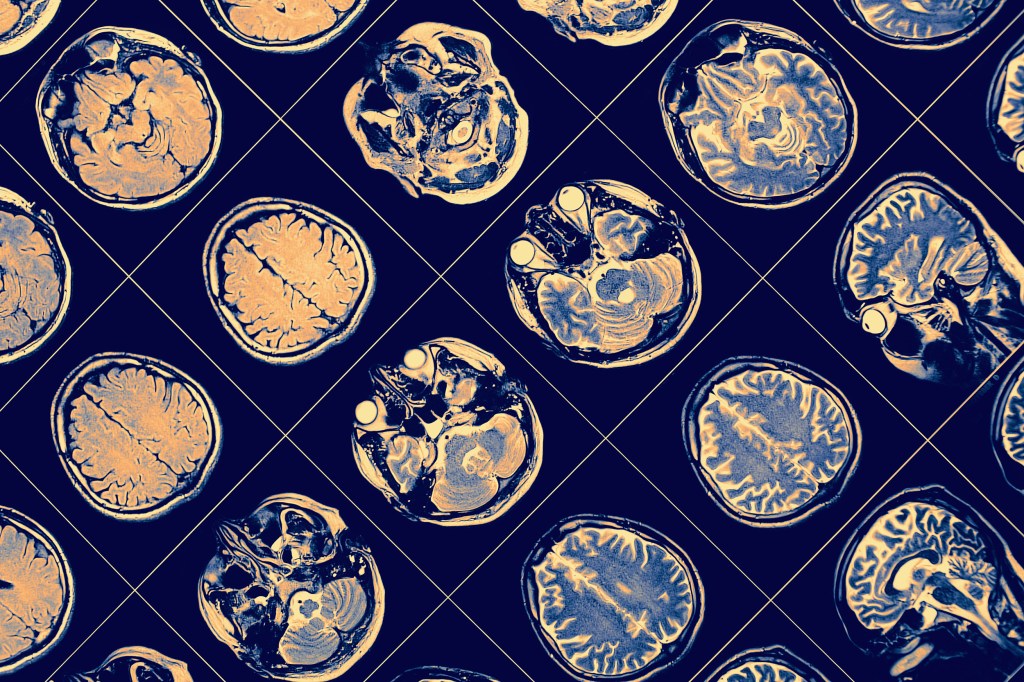
-
Know why conversations either seem too short or too long?
Conversations don’t end when people want them to because few people know how to end them politely, a Harvard study finds.

-
Smaller, faster, greener
Examining the environmental impact of computation and the future of green computing.

-
Signs of quantum science
Harvard’s Center for Integrated Quantum Materials and The Learning Center for the Deaf are working together to develop American Sign Language modules on quantum science topics for undergraduate students with the aim of increasing STEM opportunities for deaf and hard-of-hearing students.
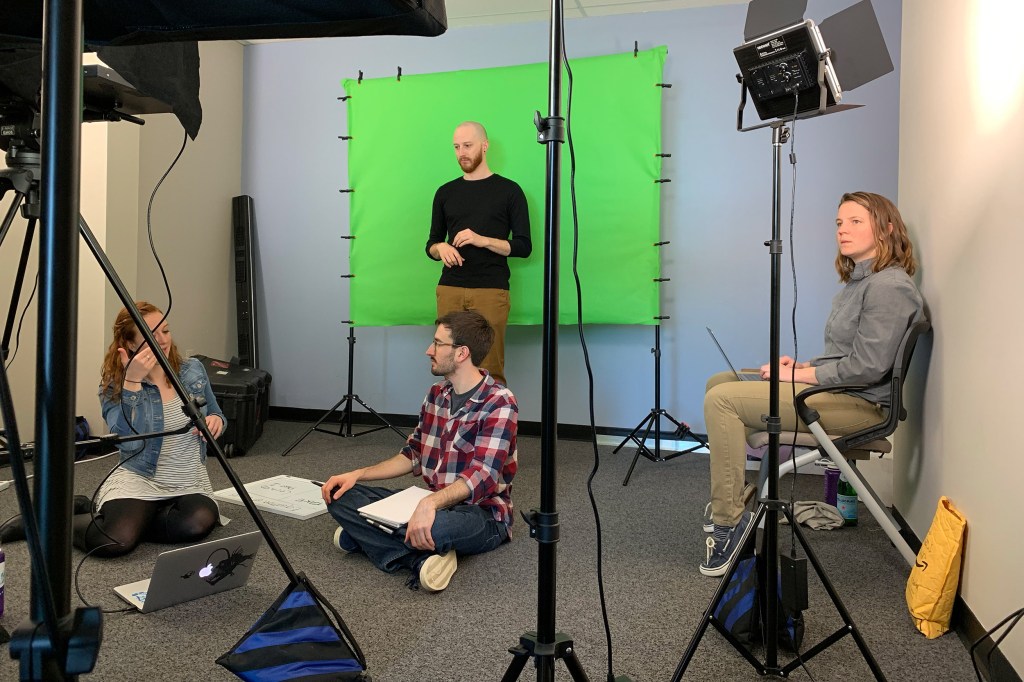
-
COVID-19 lockdown highlights ozone chemistry in China
During COVID-19 lockdown, China saw an increase in ozone pollution despite a drop in emissions from transportation and manufacturing sources. The question is, why?

-
Telemedicine for stroke patients improves outcomes
The first national analysis shows patients at hospitals that offer remote stroke consults fare and were more likely to survive than patients who presented at hospitals without stroke telecare.

-
CAPTURE-ing movement in freely behaving animals
Harvard researchers develop a new motion-tracking system that delivers an unprecedented look at how animals move and behave naturally.
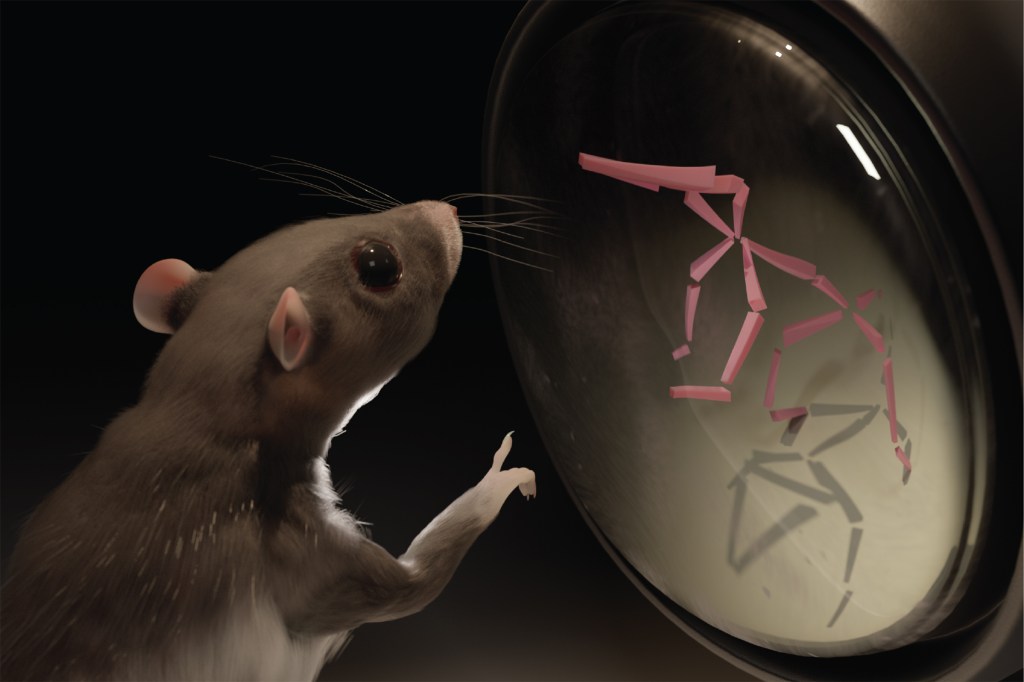
-
Losing time against climate disaster
In an online Harvard Science Book Talk, philanthropist Bill Gates warns of environmental perils ahead and offers a plan to combat them.

-
Unlocking the colors of insect vision
Harvard researchers develop in vitro method for probing what colors an insect sees.
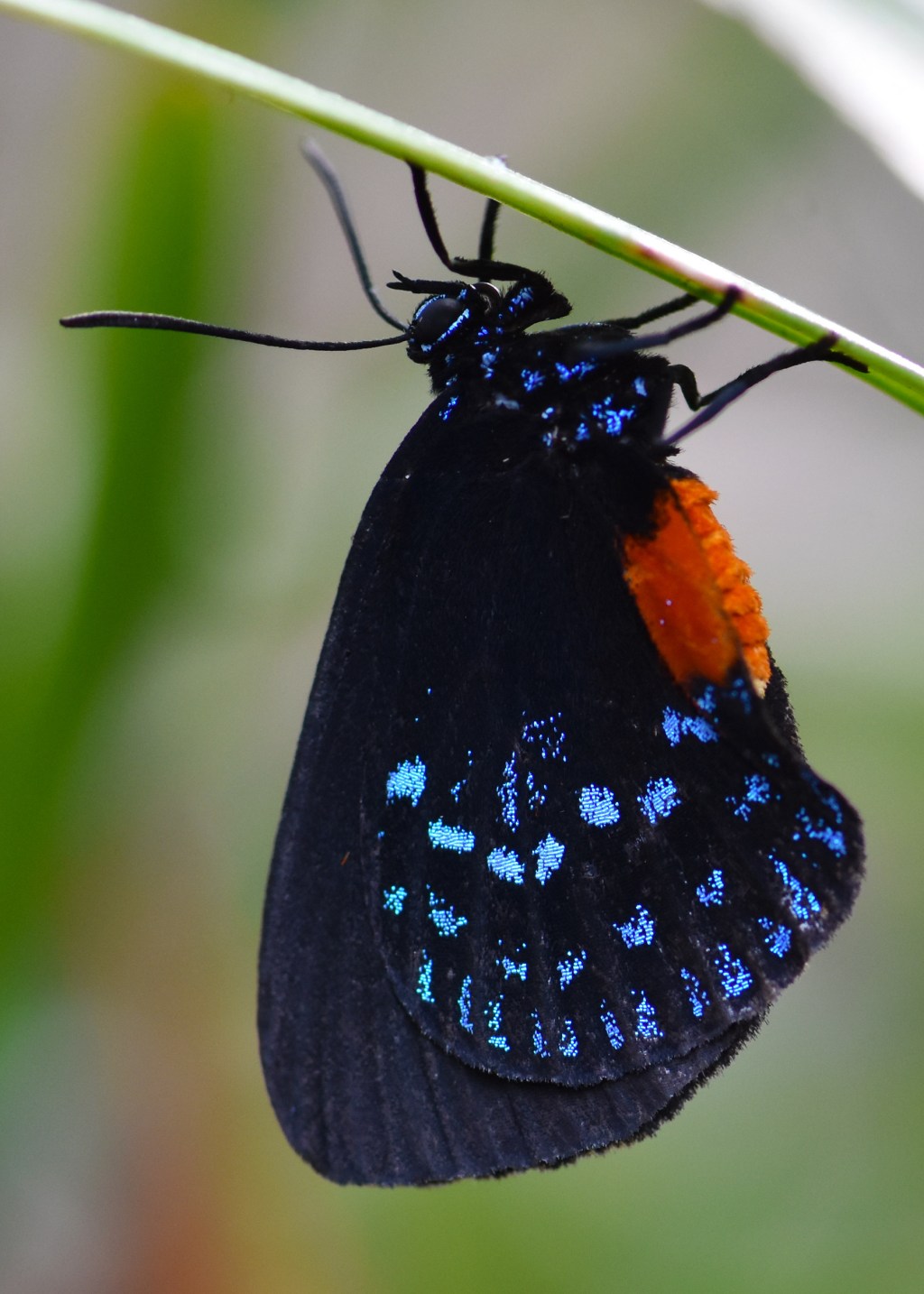
-
AI can help reduce the risk of HIV in high-risk communities
Researchers have developed an AI system that can identify the people within a social network who can most effectively promote information about HIV prevention to their peers.

-
Wanted: Bold ideas
The Star-Friedman Challenge for Scientific Research is ready to provide seed funding for high-risk, high-impact work in the life, physical, and social sciences. Harvard researchers have until March 1 to apply for the funding.
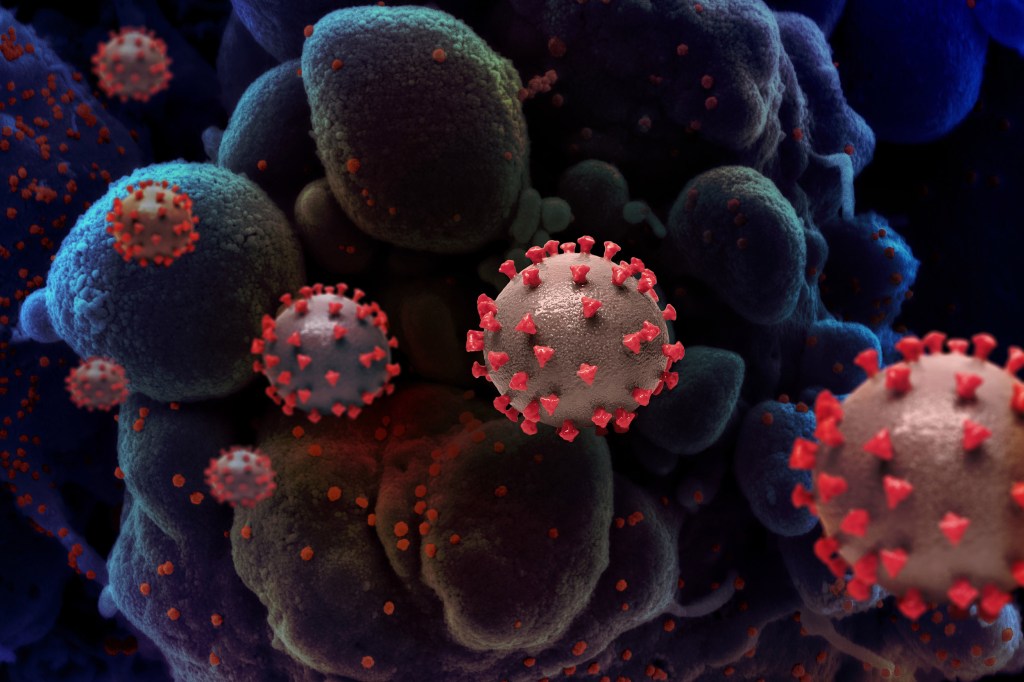
-
The cataclysm that killed the dinosaurs
New theory explains origin of comet that killed the dinosaurs

-
The science of siestas
Researchers have identified three distinct mechanisms that promote napping and found that many napping-related genes also regulate other aspects of sleep.

-
How jellyfish and sea anemones know when (and when not) to sting
A team of researchers from Nicholas Bellono’s lab has discovered how the trigger system of jellyfish and sea anemones stinging works on a molecular level.
